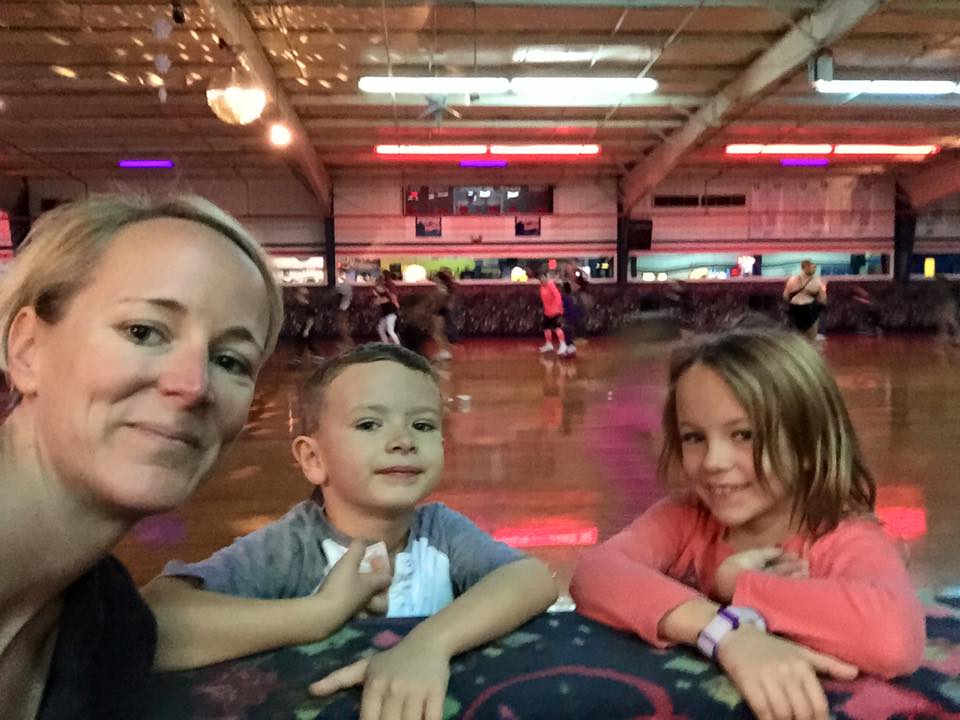A Winning Formula For Success
In the business world, there’s a standard metric that helps one determine if a project was a good financial investment. The metric is the “return on investment” or ROI.
Business leaders can often be heard walking through the halls spouting sentiments like, “Hey Bob, what was the ROI on that last research project?” Positive ROI means you got more out of the project than you put into it. In other words, if a company spends $25,000 on a research study and the results of that study help them grow sales by $100,000, then that’s a very positive return on investment.
It’s a simple equation that sums up the definition of success on a project. It’s really the only metric that matters in the business world and it matters a lot.
As it should.
You can also apply the same ROI equation to your personal life. ROI is why you want your child to get good grades when you’re paying for private school, why you don’t want to sell your house in a down market and why when you were growing up, your mother always insisted that the milk that was past its expiration date was “perfectly fine to drink.”
People want to get the most out of their money.
As they should.
But maybe there’s an additional metric that we don’t talk about in the business world or in life nearly enough. Earl, a mentor of mine, told me about it yesterday and I’m in love with it.
The equation is return on energy (ROE).
It’s great. Right?
Money can be a key indicator of success, but as I’ve often written about before, more money often comes with more sacrifice, more headaches and more time away from your family.
You can still make money while killing yourself to do so. Which I would argue (fiercely) is not the definition of success.
Energy, on the other hand, is a very intriguing metric for success.
Especially when you consider that money can come from a lot of different places, but your energy only comes from you. And there is, indeed, a limited supply of it.
Maybe we’d be more fulfilled if we protected our energy as much as we protected our money.
The next time you’re considering doing something at work or at home (anything, really) ask yourself if that initiative, project or task is a good use of your energy.
Here are some ways I make sure my energy is being maximized.
My children. I lean towards activities with the kids that give me energy rather than take it away. For example, I love the high of finding treasures at thrift stores and now my daughter is addicted too. Given a three-hour chunk of time, I’ll pick thrift store shopping with her over going to a trampoline park any day. The same is true of roller skating. I’m good at it and I love it. So, if the kids ask me to build a 1,000 piece puzzle with them, I say no, let’s go roller skating instead.
 Roller skating fills me with joy, and therefore energy. Jumping on a trampoline for an hour with 162 kids around makes me want to vomit.
Roller skating fills me with joy, and therefore energy. Jumping on a trampoline for an hour with 162 kids around makes me want to vomit.
Your children want to spend time with you. But that doesn’t mean they get to determine how you spend that time. You pick. And when you do, pick the activity with the greatest ROE.
My team at work. I always want to be surrounded by people that inspire me with their ideas, their work ethic and their desire to change the world. I’ve worked tirelessly to always ensure that the energy I put into hiring and training people does not get wasted, it gets amplified.
My friends. I don’t spend time with people who exhaust me. People who are often complaining and look at the world through a pessimistic lens are not good for me. I make a conscious effort to spend time with people who are optimistic, loving and kind. And a love of tequila is always an added bonus.
 With ROI, the question is whether you get more money out than you put in. With ROE, the question is whether you get more energy out than you put in.
With ROI, the question is whether you get more money out than you put in. With ROE, the question is whether you get more energy out than you put in.
If the answer is no, or a negative ROE, you need to reconsider whether you should be doing that activity in the first place.
We cut back on activities that deplete our bank accounts. Yet, continuously sign up for activities that deplete our energy.
What does the return on energy equation look like in your life?
Use this equation to start to plot and plan your time differently. If volunteering at your kid’s school, serving on a board of directors or spending time with a negative family member has a negative return on energy, then consider doing less of those things. Or quitting them altogether.
There’s no doubt that you’re doing more than you should. This equation can point out where you can cut back.
Your time and your energy are your two most precious resources. Use them wisely.
